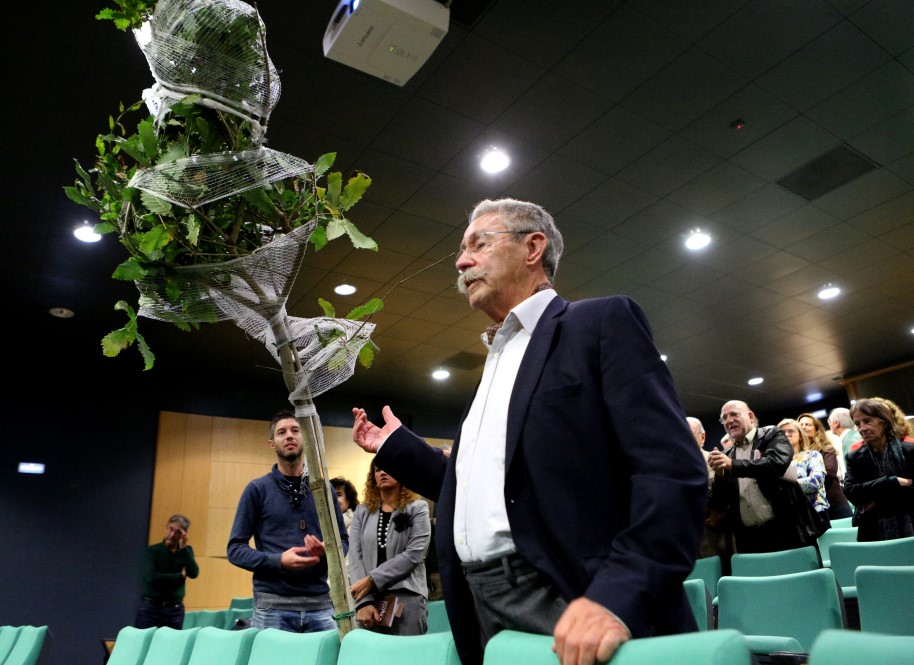 «It is a particularly happy morning for the University of Algarve», began by saying António Branco, dean of UAlg, at the opening of the tribute to landscape architect Fernando Santos Pessoa, which took place last Saturday at the Green Auditorium of the Gambelas Campus. The tone was set for a session that the honoree himself, averse to honors, considered as “excessive”.
«It is a particularly happy morning for the University of Algarve», began by saying António Branco, dean of UAlg, at the opening of the tribute to landscape architect Fernando Santos Pessoa, which took place last Saturday at the Green Auditorium of the Gambelas Campus. The tone was set for a session that the honoree himself, averse to honors, considered as “excessive”.
But the truth is that the room was full of friends, family, former colleagues and students, long-time companions in many of the struggles in which Fernando Pessoa did not hesitate to get involved, in the name of territorial planning, nature conservation and landscape and, above all, civic intervention.
The pretext for this tribute, called «All Landscape is Cultural», was the launch of a book, one more, by Fernando Pessoa. Edited by Argumentum, the book “Intervir in the Landscape” was also presented at the session.
Dean António Branco underlined that the occasion could not have been better chosen, as the 20 years of the UAlg Landscape Architecture course, of which Fernando Santos Pessoa was one of the main creators, are also being celebrated.
The dean stressed that the landscape architect brought to the course and to the university itself «a poetic awareness of the landscape, which we must also have in relation to life and the planet».
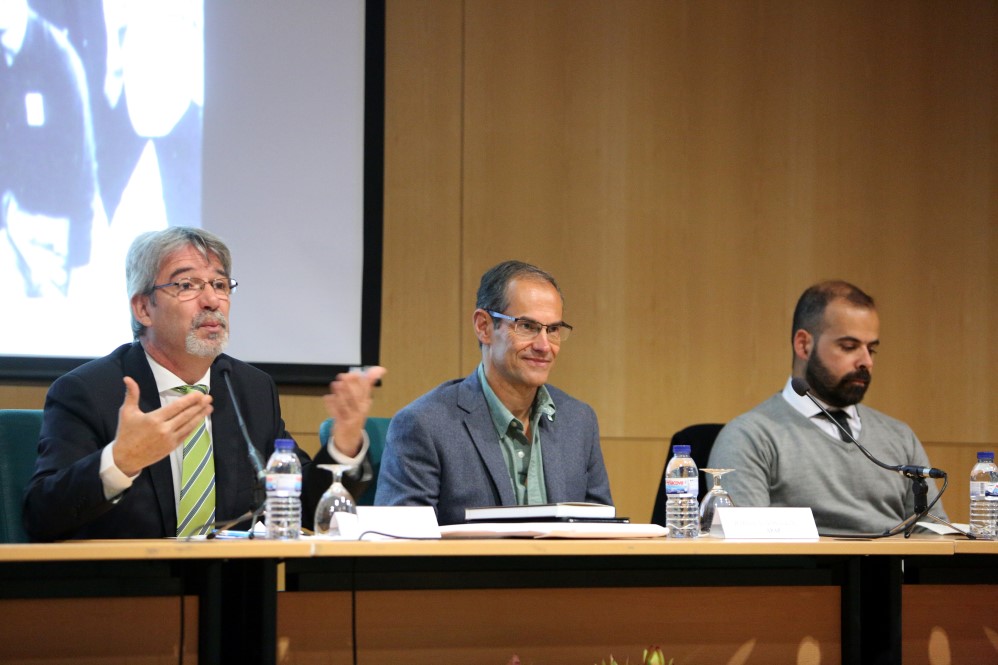 The honoree, who said that he was not a «professor, but only taught», first at the University of Évora, then at the Algarve, maintained his teaching activity at UAlg for ten years, having «marked the silver of the house» and created « really the identity of our course”, as António Branco insisted on affirming.
The honoree, who said that he was not a «professor, but only taught», first at the University of Évora, then at the Algarve, maintained his teaching activity at UAlg for ten years, having «marked the silver of the house» and created « really the identity of our course”, as António Branco insisted on affirming.
“We have to thank this huge legacy, hoping we can live up to it”, concluded the dean.
Landscape architect João Reis Gomes, former colleague of Fernando Santos Pessoa's course, remembered him precisely as "a colleague of a singular nature", "to whom our profession owes much". And underlined the fact that he was "unpretentious".
As a trait of his way of being in the world, he underlined the “almost frantic writing activity” that the honoree has maintained over time and which continues even now, having just turned 80 years old. "There are books of yours waiting for the press."
Jorge Cancela, president of the Portuguese Association of Landscape Architects (APAP), and his student in Évora, after recalling that his teacher was «a character who left an impression on us», also highlighted the importance of his writing and reflection work. «It must be one of the landscape architects that has produced the most written material», creating a «vast philosophical and theoretical body».
But Jorge Cancela also made a point of recalling the "seed" that Fernando Santos Pessoa left behind, when he was the creator and first president, in 1976, of the then National Service of Parks, Reserves and Landscape Heritage, or when he was one of the parents of RAN and of REN.
For all these reasons, he concluded, the honoree “is, from an ethical and professional point of view, a light to follow”.
This was followed by Gonçalo Duarte Gomes, president of the regional section of the APAP, and student of the «very first and unrepeatable batch» from the Landscape Architecture course at UAlg. With his usual sense of humour, he recalled that his former teacher has “a competitive advantage” over his namesake, the poet: “he is as complex and multifaceted as the other, but without needing heteronyms”.
"There were so many people who were his students and even more varied those who learned from him," said Gonçalo Gomes, in an emotional speech, in which he confessed "his apprentice, his disciple, colleague and, above all, grateful friend" .
On his face as a teacher, the former student recalled that Fernando Pessoa promoted «a baptism of the landscape, he grabbed us and immersed us in knowledge», with his «passion speech».
"I was linked to a perennial curiosity about the world that I still manage to maintain," he guaranteed. But Gonçalo Gomes also worked with his master: «working in his studio, I learned a lot of technique, absorbed a lot of knowledge, but above all I gained ethics and deontology», pointed out Gonçalo Gomes, thanking his «patience with the faltering steps of an apprentice» .
Stressing that Fernando Santos Pessoa «has always been concerned with the presence of the human in the landscape», his former student praised his «resistance and determination with which he continues to intervene in life and in the public cause».
Recalling an episode spent in his master's studio, when he was arranging some papers and discovering a medal in the middle, kept in a forgotten box, a medal that had been attributed to Fernando Pessoa and that he himself couldn't even remember very well where and why, Gonçalo Gomes He ended up saying: «Professor Fernando Pessoa does not seek protagonism, does not seek favors, nor does he put himself on tiptoe».
After having heard all these memories and evocations sitting in the audience, among family and friends, it was the turn of Fernando Santos Pessoa, the honoree, to go to the stage to speak. And he began by confessing that he was "embarrassed" by the whole thing.
Based on his own work, gathered in books and articles from newspapers and magazines, Fernando Pessoa lamented that «landscape architects, in Portugal, do not write anymore, because the theorization of the profession is fundamental».
“Landscape architecture has been very important for Portugal, because it was the one who brought to our country the global vision of the territory,” he added. «It was with the landscape architecture that the disciplinary teams were introduced, which came to have, in addition to architects and engineers, also an agronomist, sociologist, geographer, historian and archaeologist».
Bridging the gap between old problems (that same day it was 50 years since the catastrophic floods in Greater Lisbon, which killed hundreds of people, and where, for the first time, landscape architect Gonçalo Ribeiro-Telles spoke of the problems caused by the occupation of the flood beds) and the current problems, Fernando Santos Pessoa said that "the water cycle and the fire cycle are all a consequence of the lack of territorial planning".
And, with his usual directness, he accused: it is the result of the «headships given to those who have a certain party card and not to those who have competence. Then we have decades and decades of disorder”, which lead to the tragedy of this year's fires.
To complete the ceremony, the honoree was offered a copy of Quercus canariensis or Carvalho-de-Monchique, a tree of the Algarve flora seriously threatened by the fires that have devastated that mountain range. But this specimen, explained Jorge Cancela, was produced by a national nurseryman from one of the large oak trees discovered during the walks of Fernando Santos Pessoa and his disciples in the Serra de Monchique.
All that was missing was the official presentation of the book “Intervir na Landscape”, which brings together texts written by the author in recent years and published in newspapers or presented at conferences and lectures. Filipe Jorge, the editor of Argumentum, said that the book is «a manifesto, the tip of the iceberg of an enormous work».
«The construction of landscapes is as old as the Neolithic man and the creation of gardens will have preceded agriculture itself», writes Fernando Santos Pessoa in the introduction to this book, full of concepts and ideas around which he proposes numerous reflections, through a wise and challenging writing.
The work contains 33 texts written in different periods and organized into five thematic areas: Ecology and Environment; Landscape and Landscape Architecture; Environment and Quality of Life; Culture and Environment; and Politics, which follow each other in a growing curiosity that arouses curiosity.
It is a very rich and diversified set that addresses central issues in the field of Environment, Ecology, Landscape, and environmental policies, matters dealt with in a simple and enlightening way.
The author shares his wisdom, acquired in a vast professional activity, proposing arguments that invite civil society to develop its civic awareness and the willingness of all of you to participate.
“At a time when the country is confronted with the discussion of Landscape, this book is extremely opportune, addressing issues of the greatest public interest”, stressed the editor.
Photos: Filipe da Palma
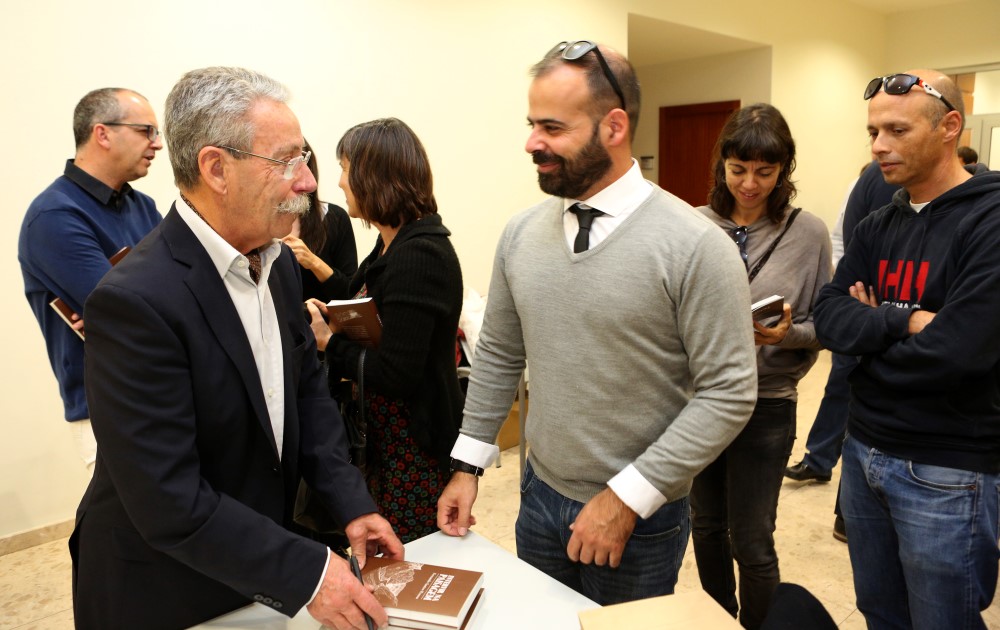
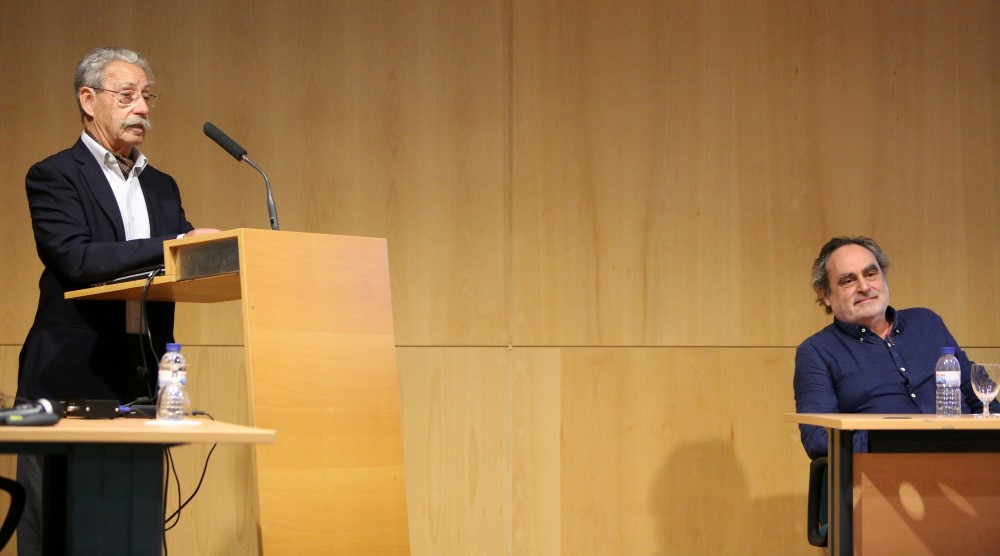

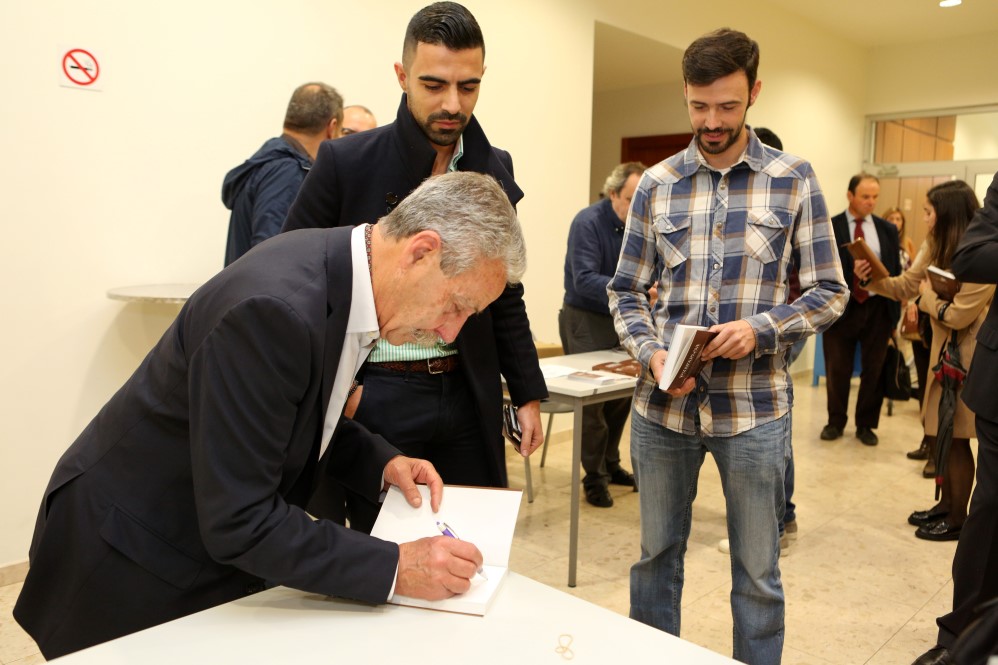
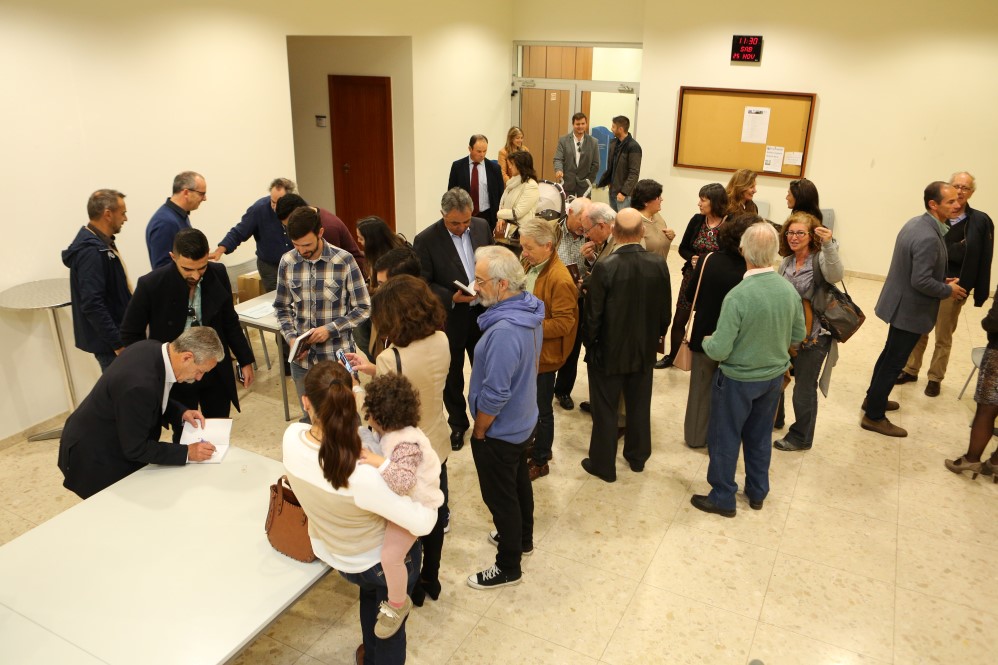
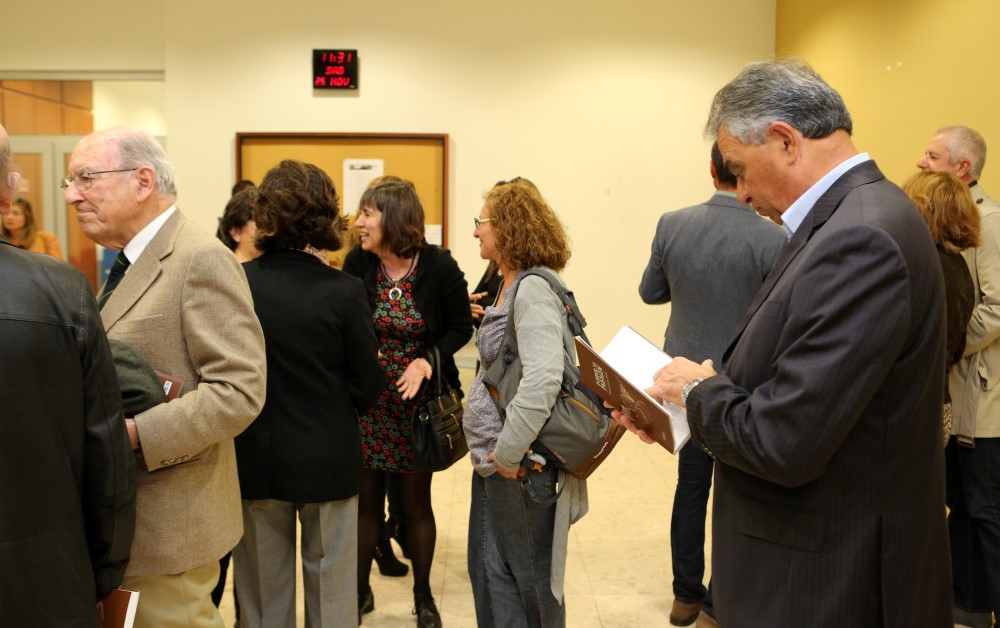
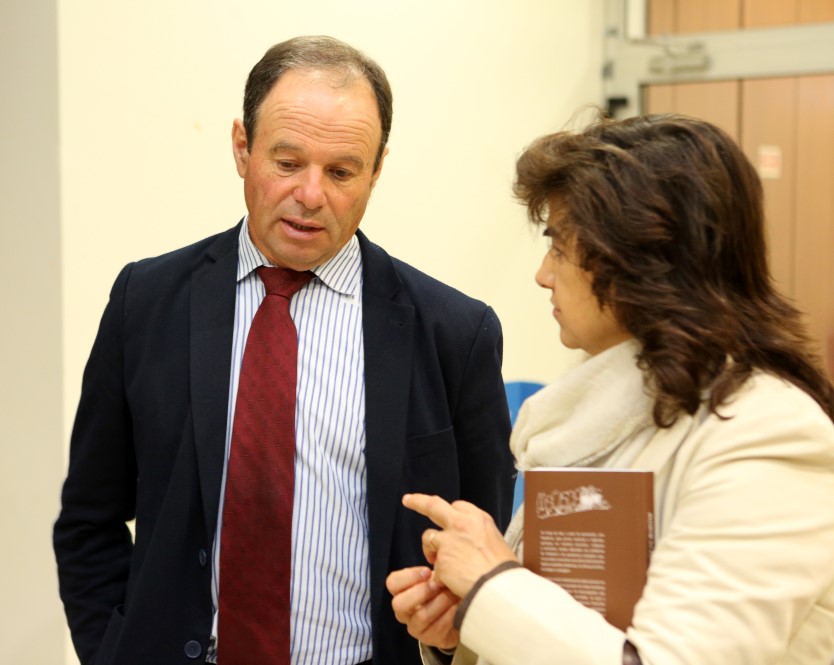
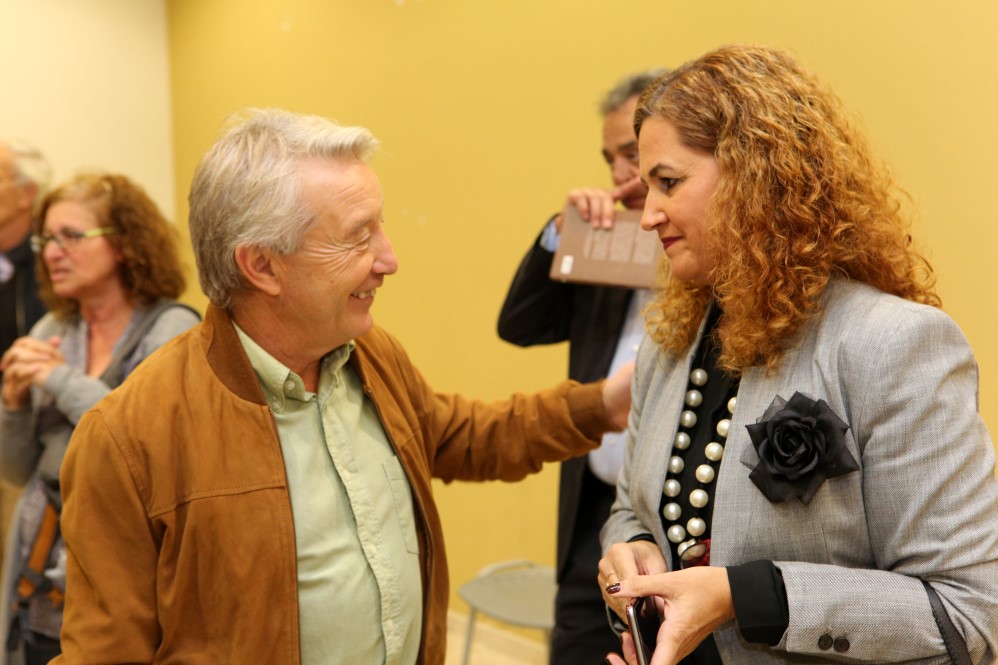
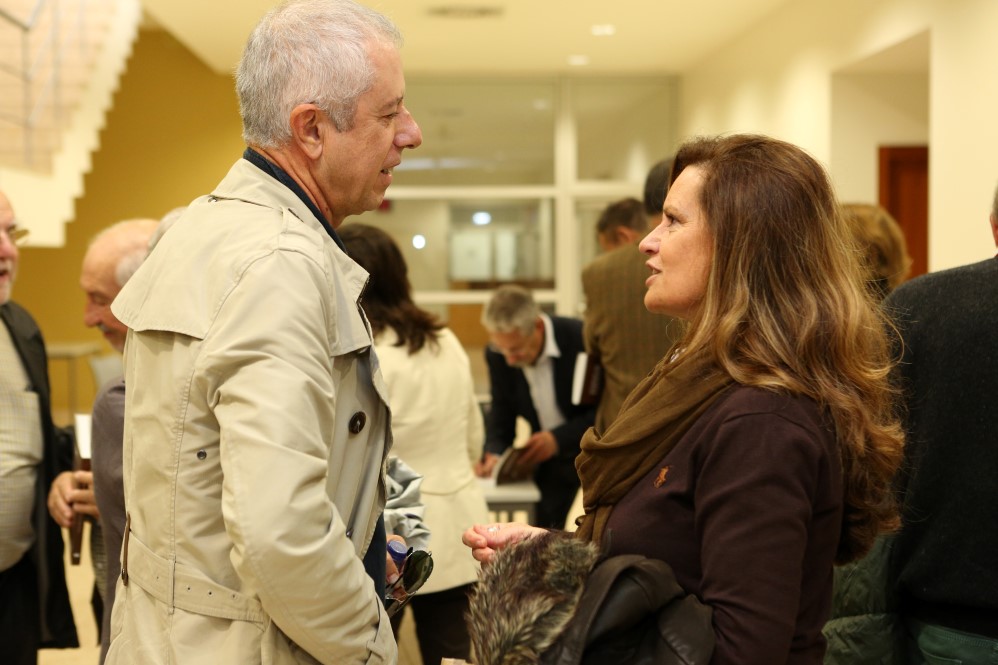
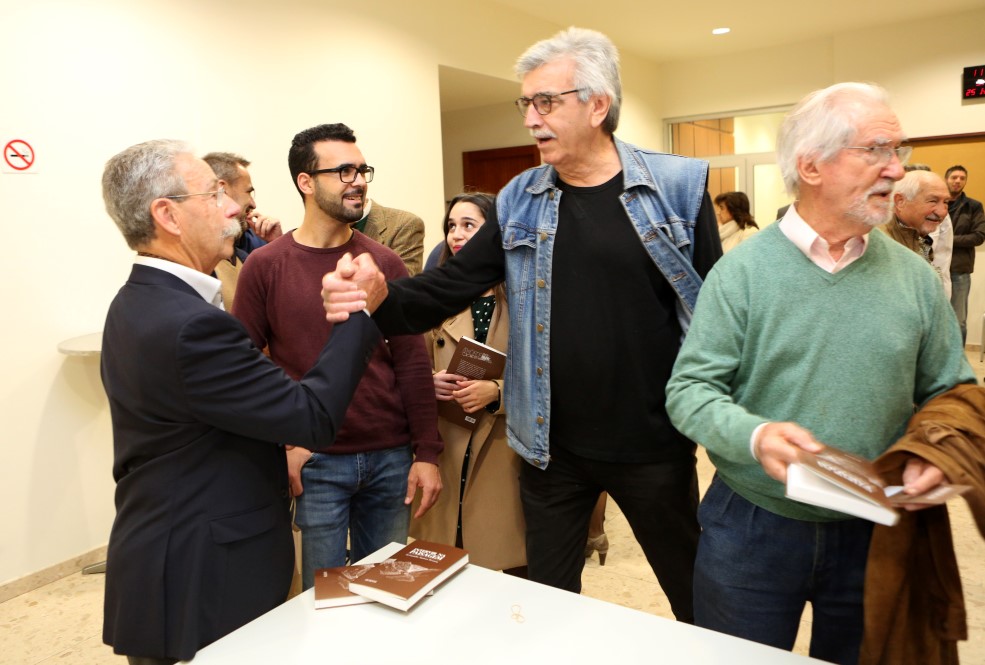
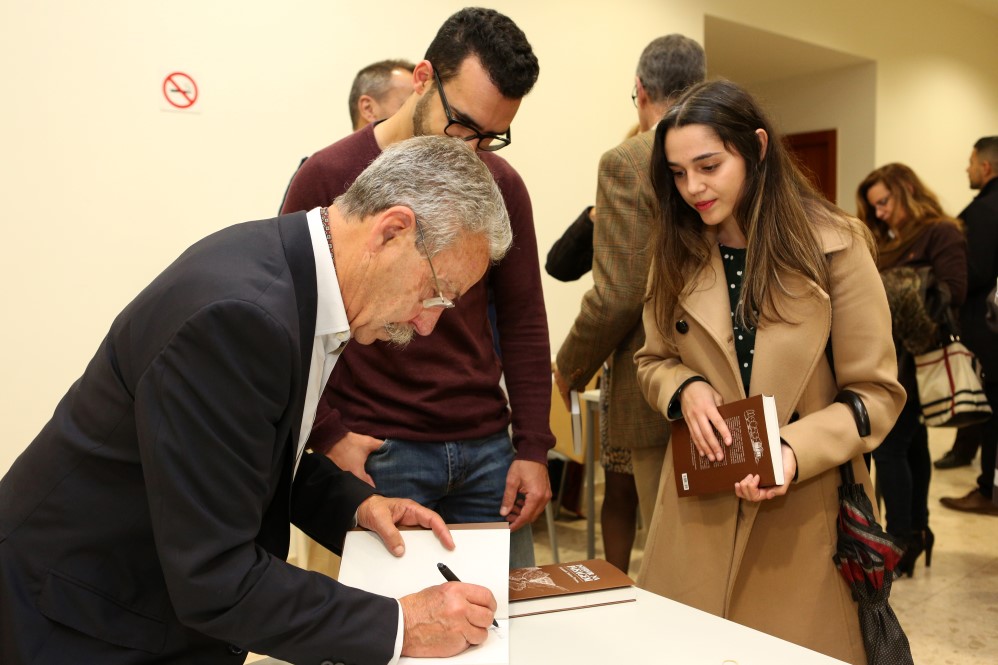
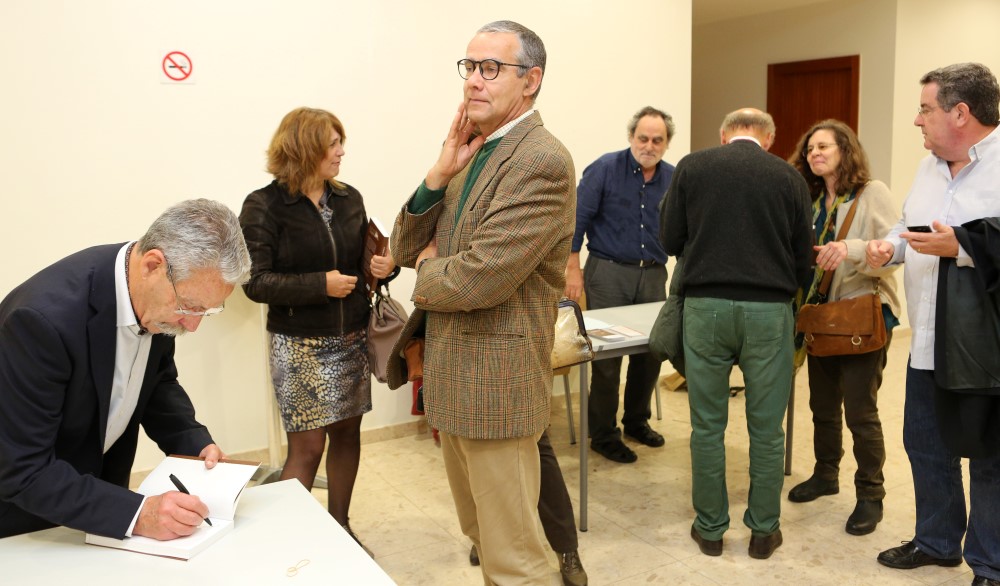
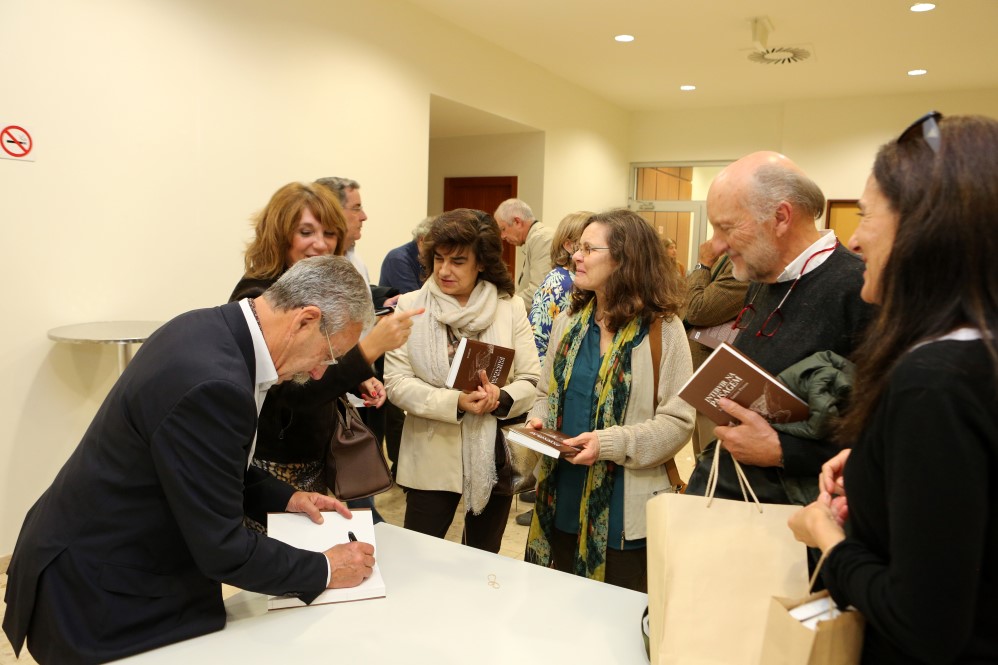
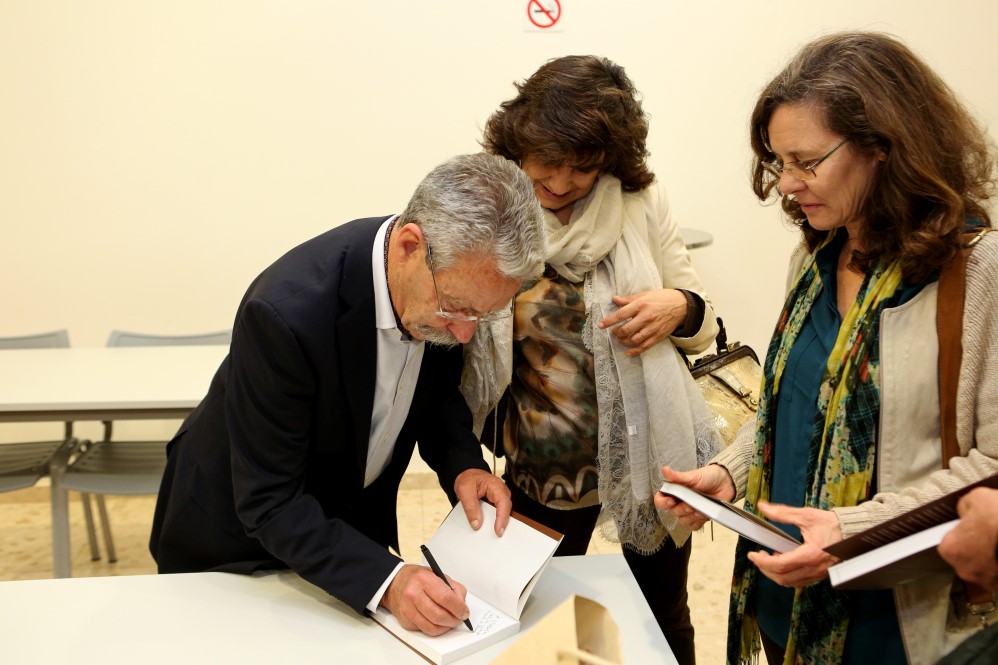
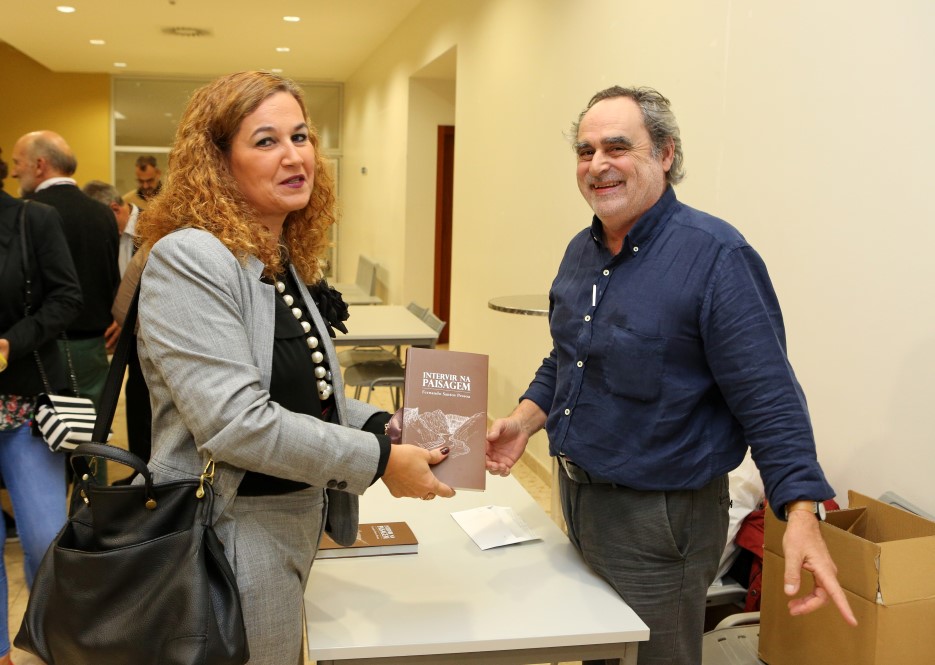
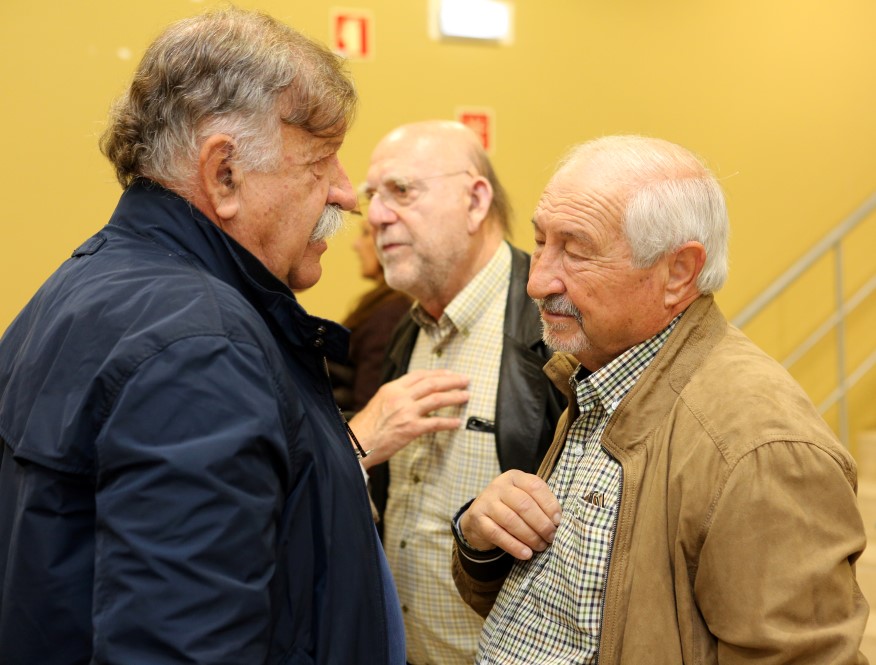
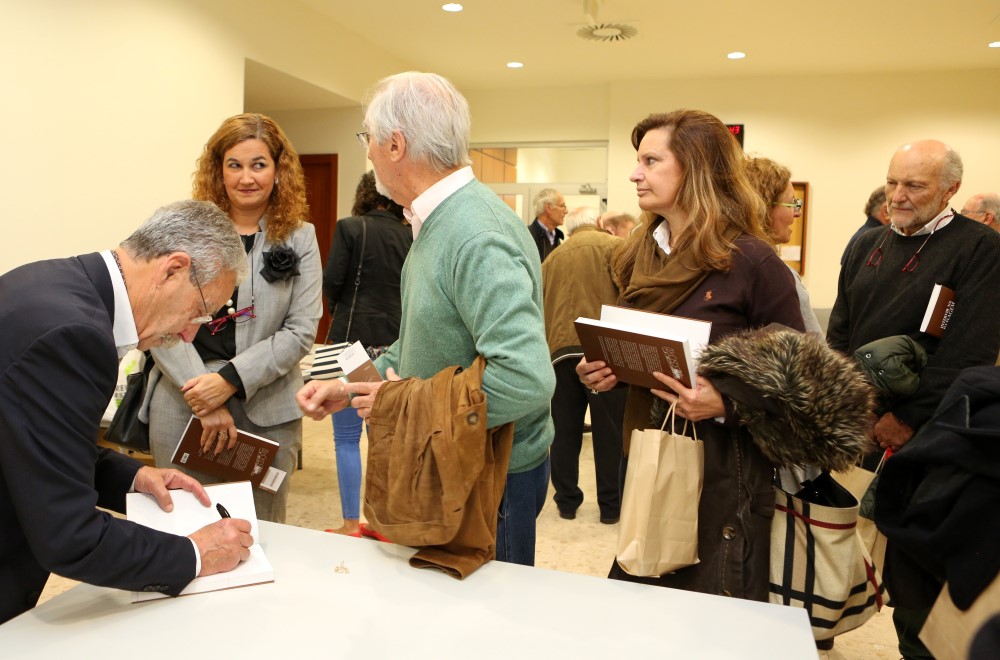
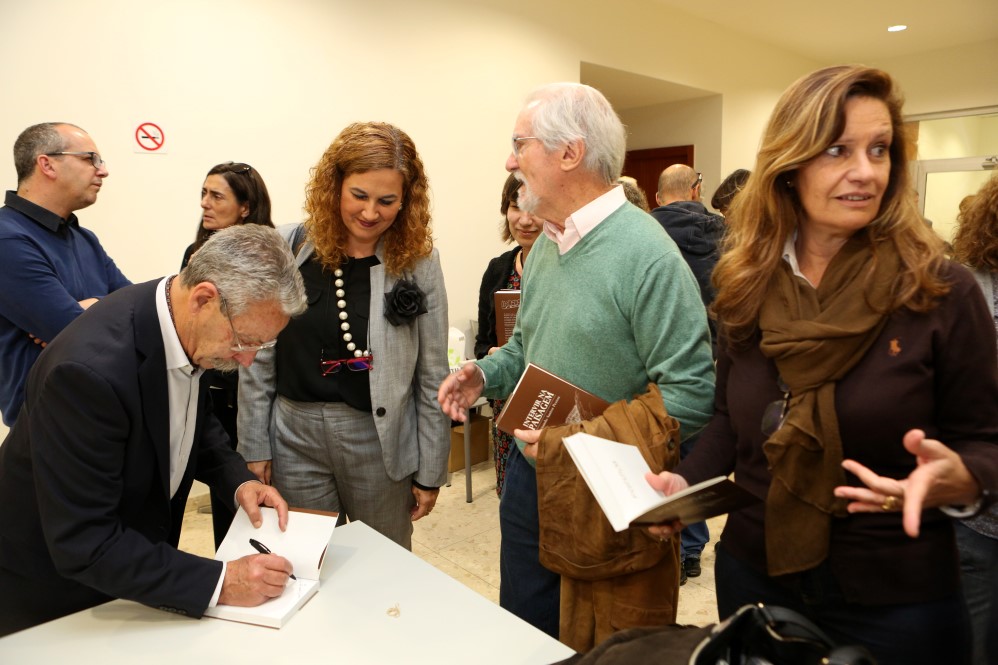
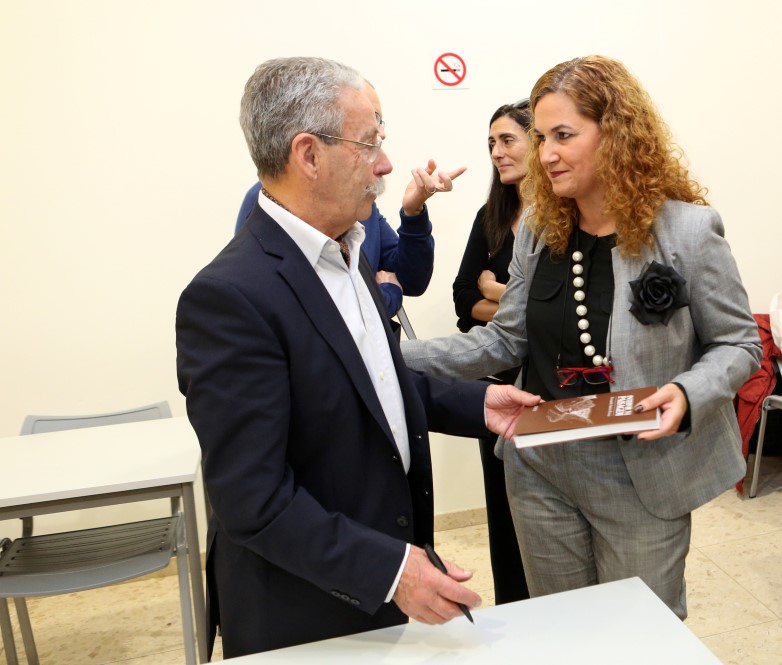
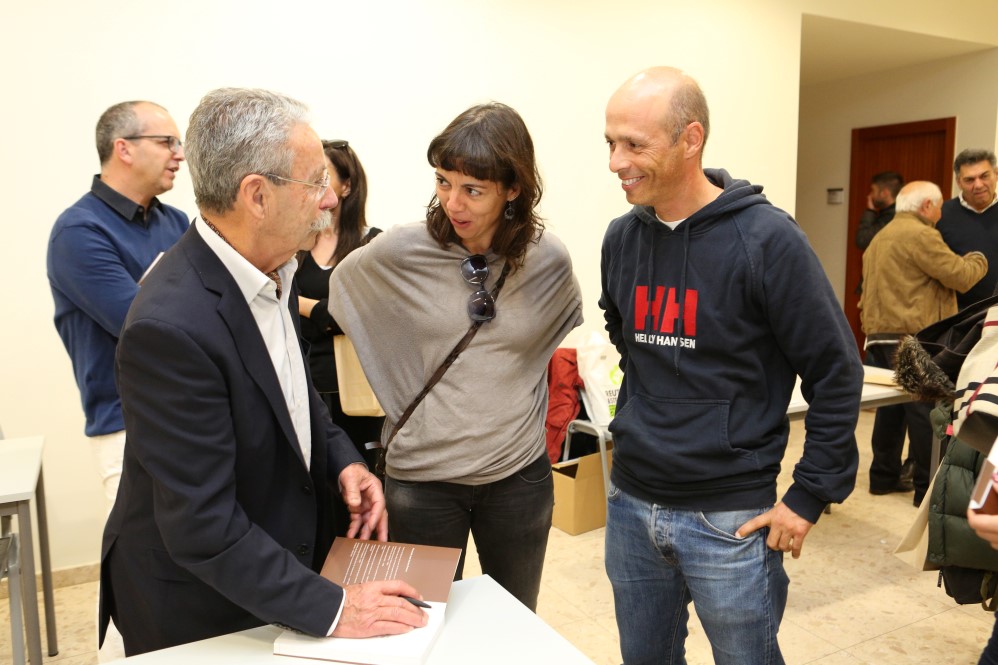
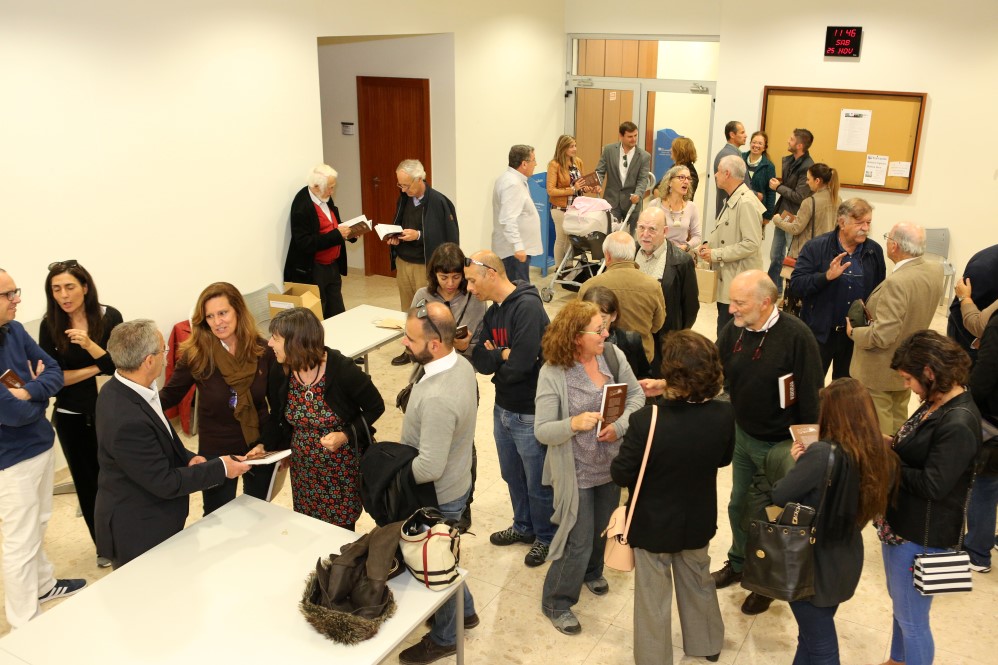
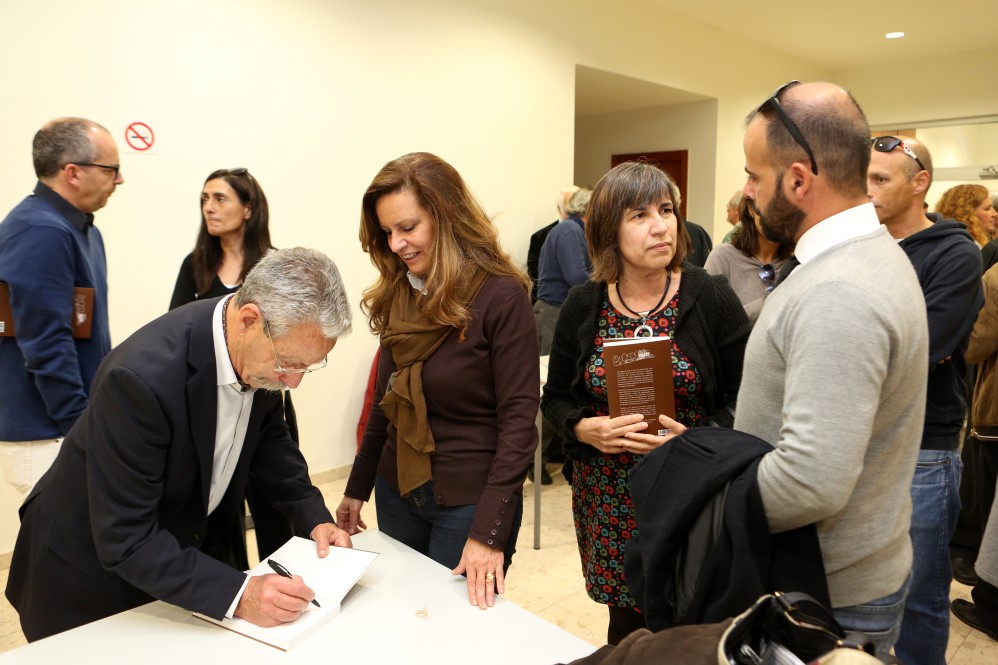
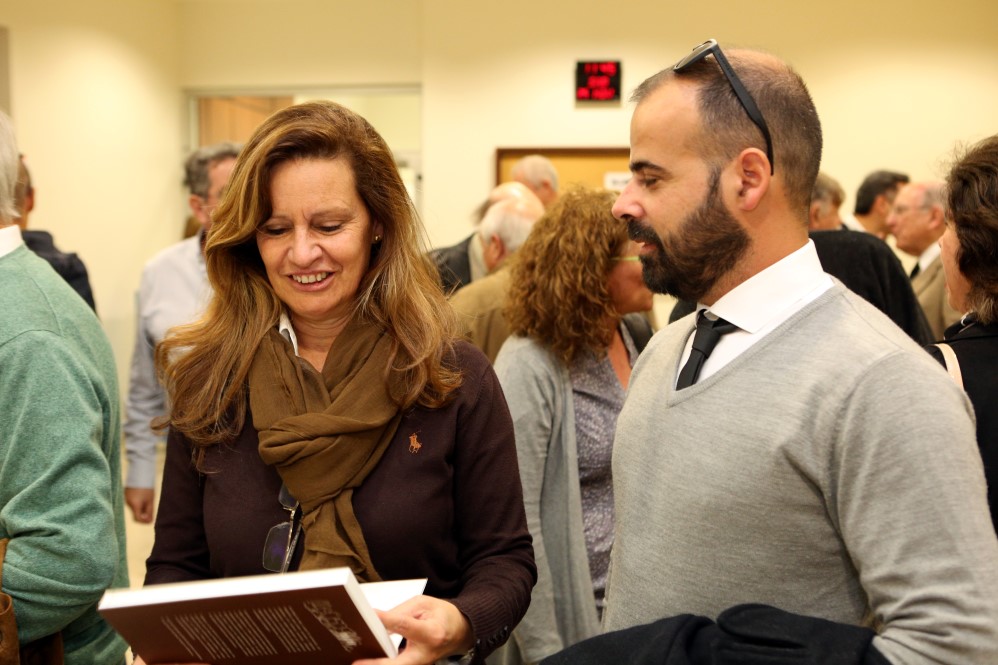
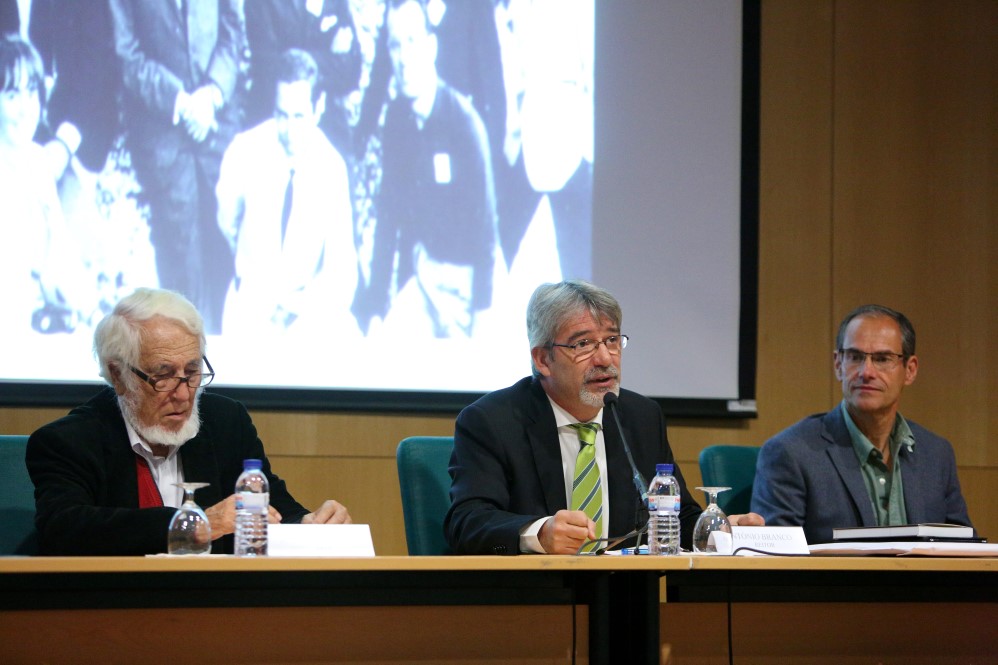
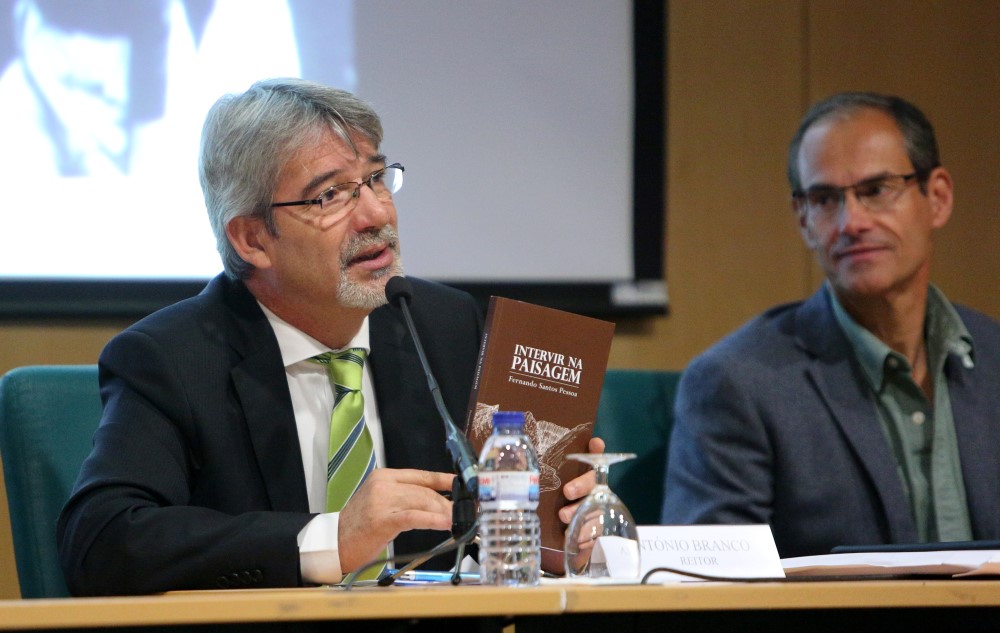
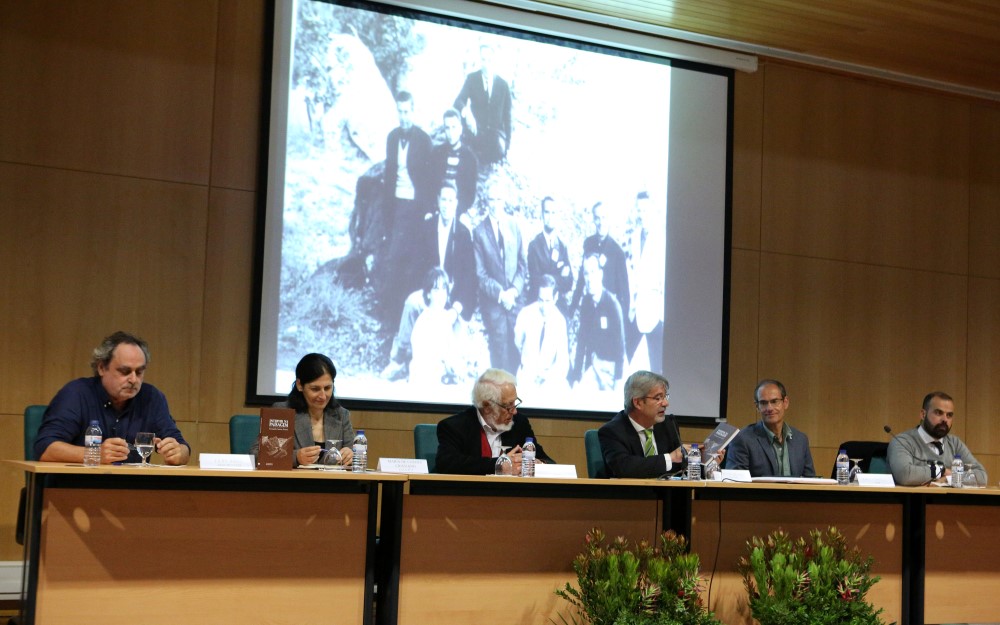
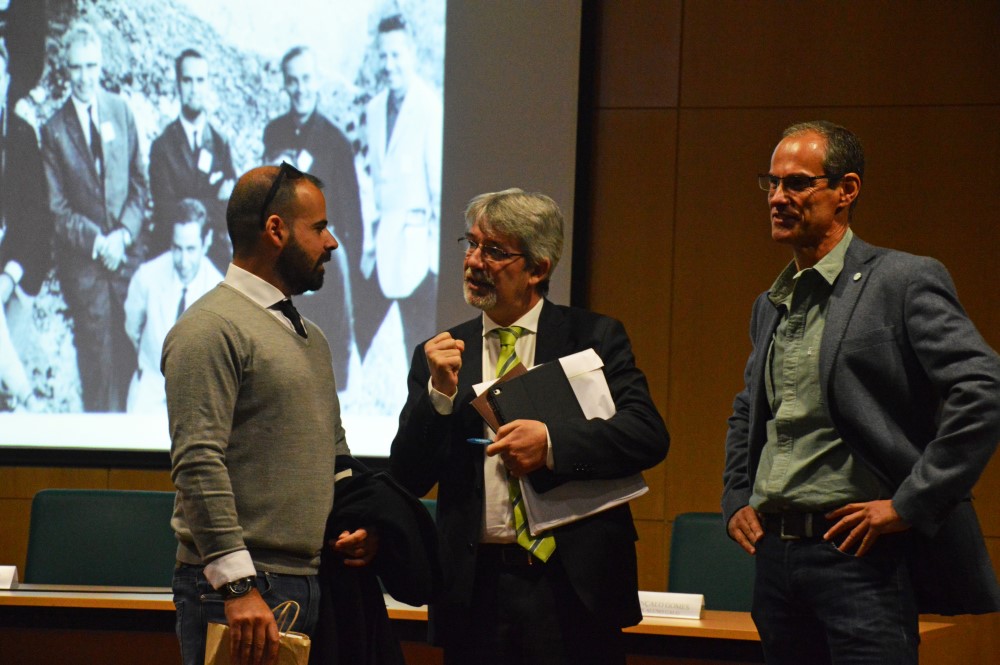
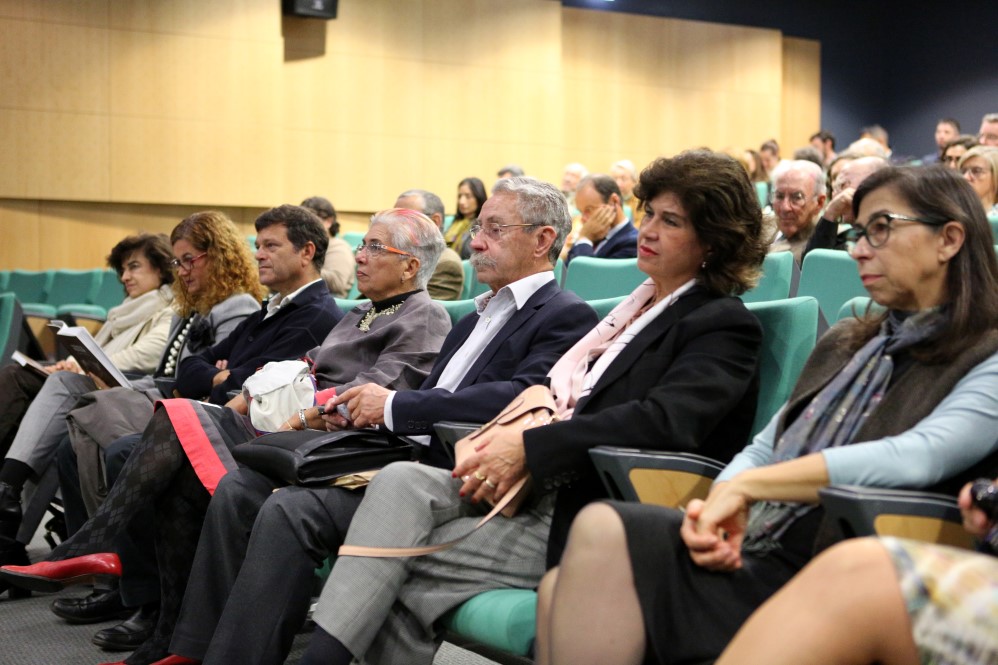
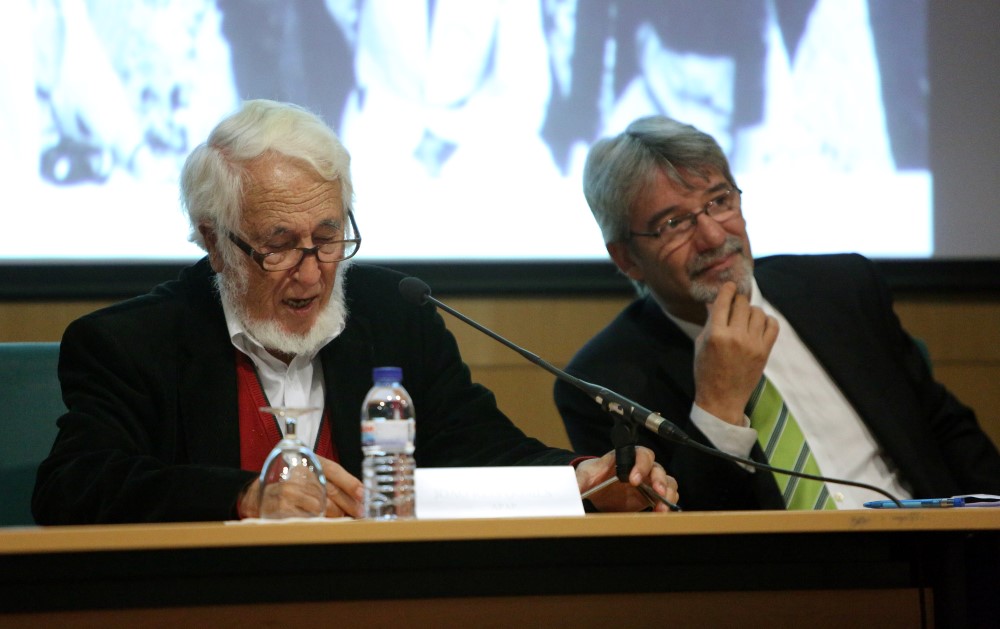
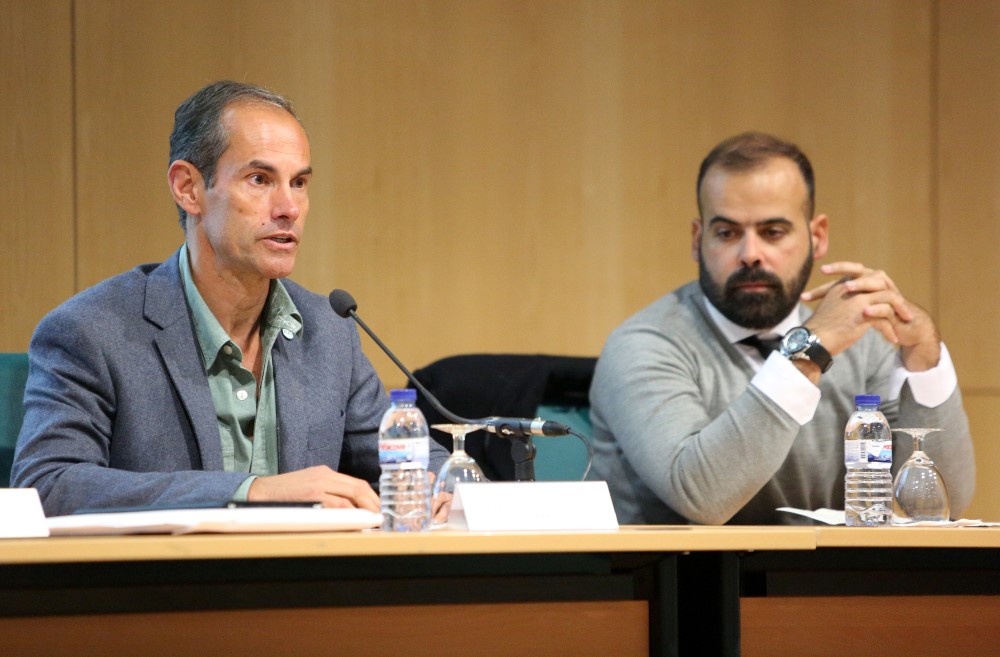
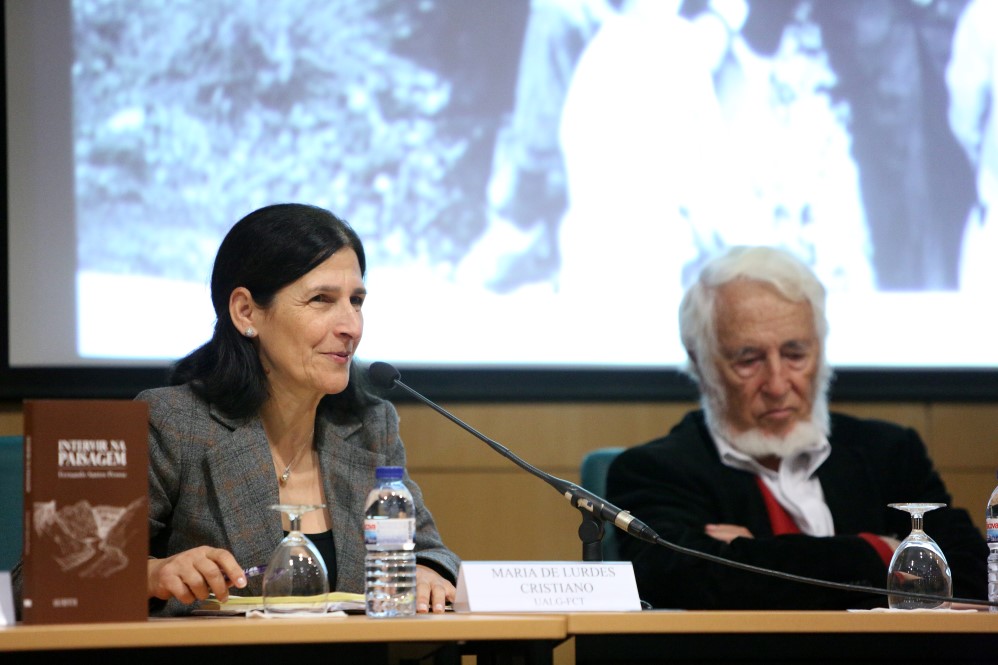
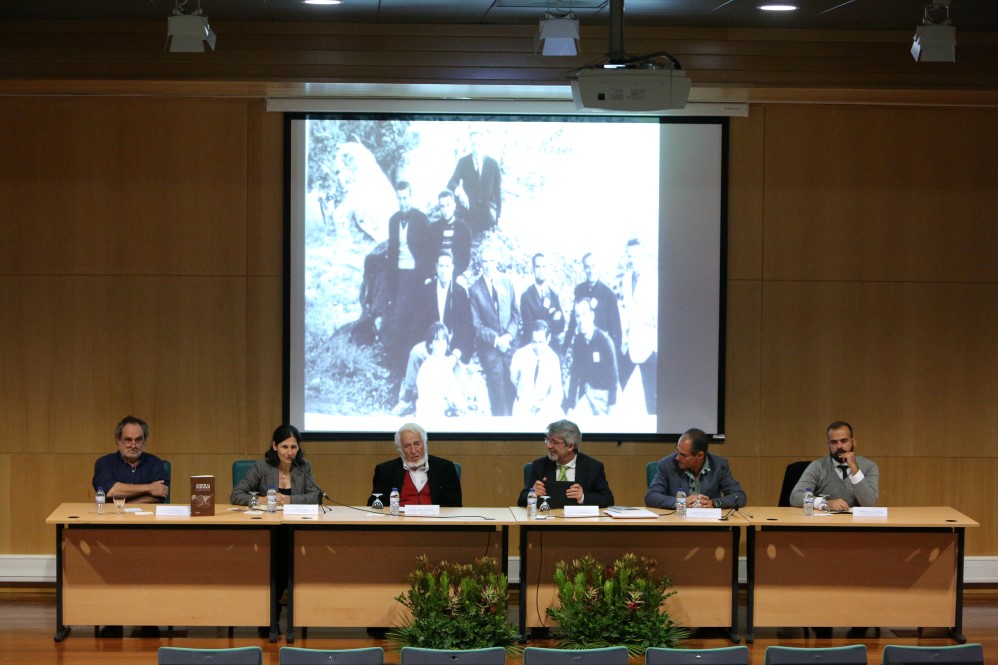
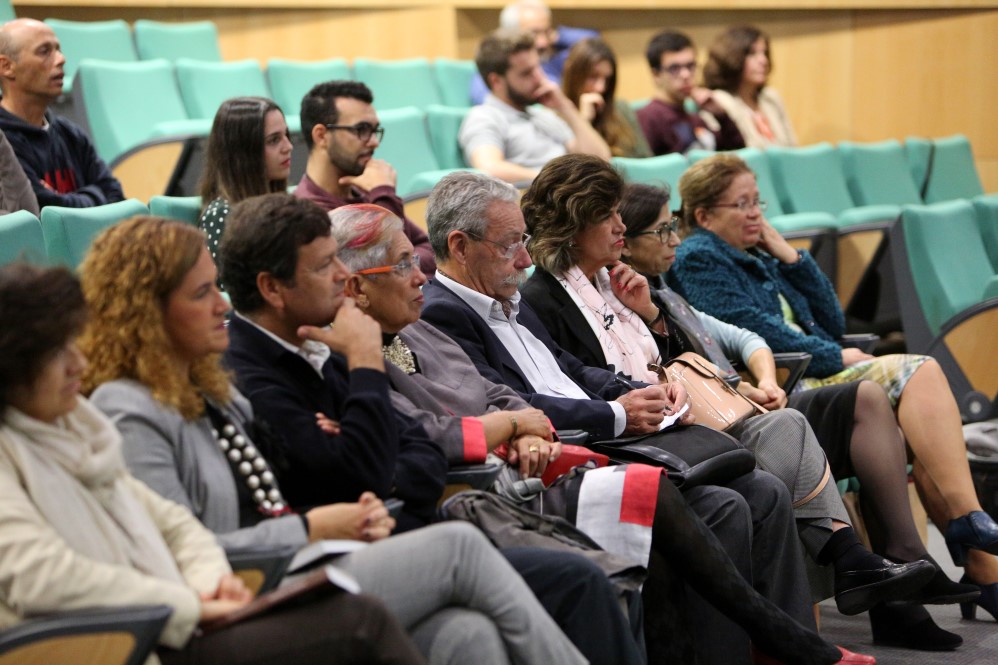
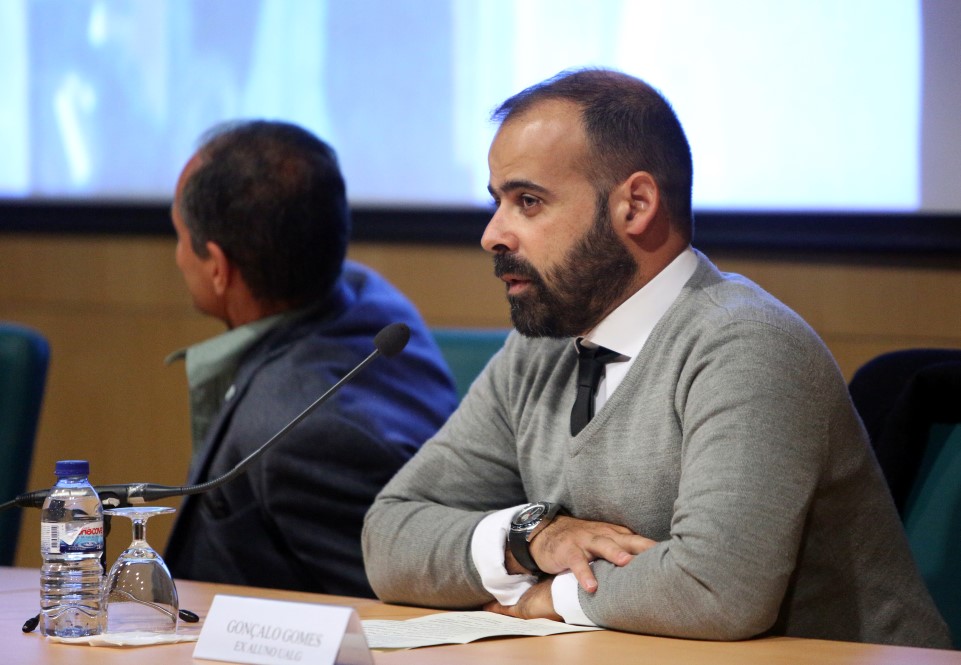
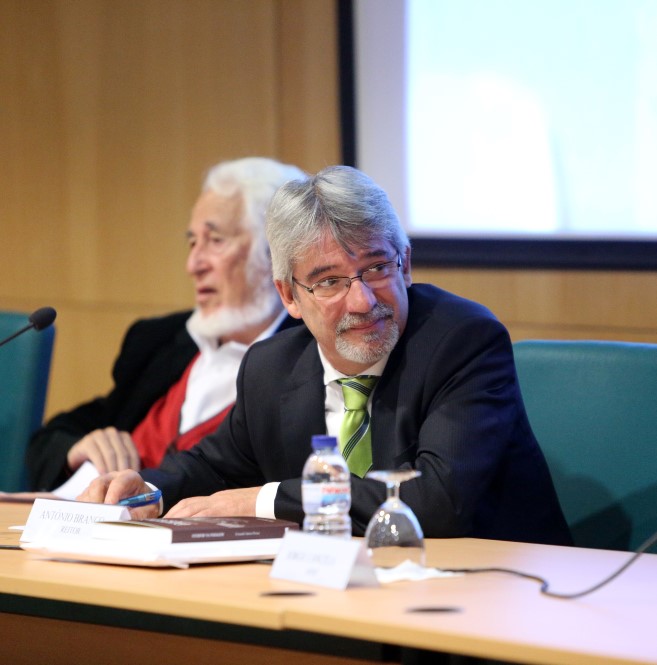
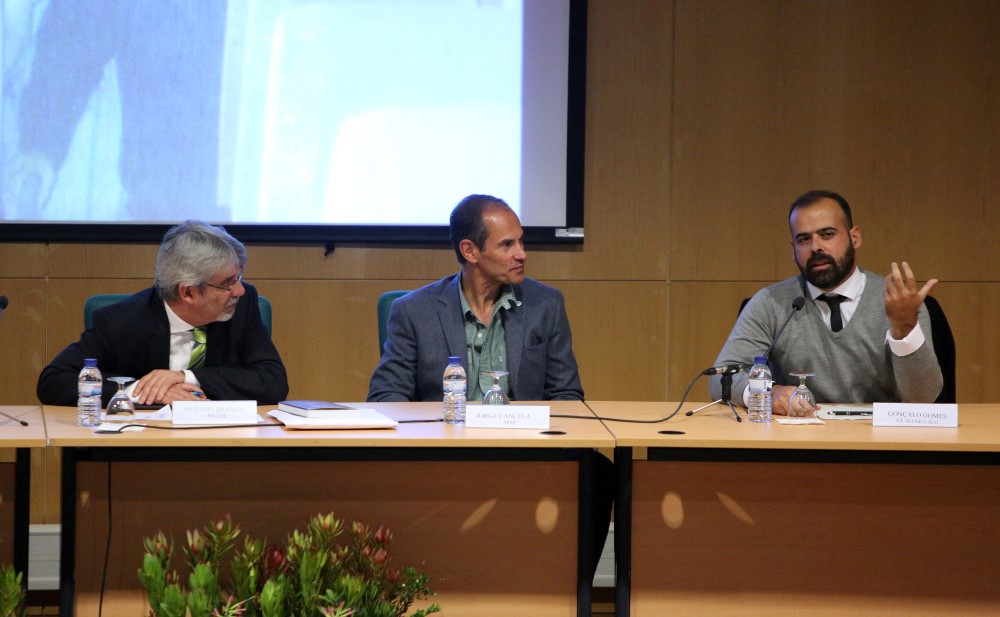
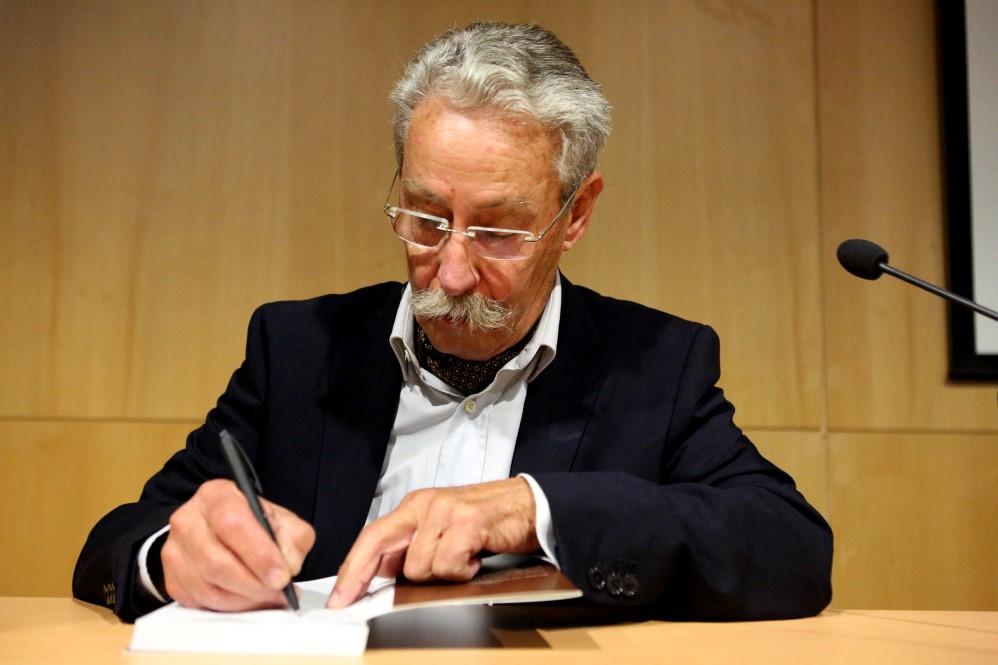
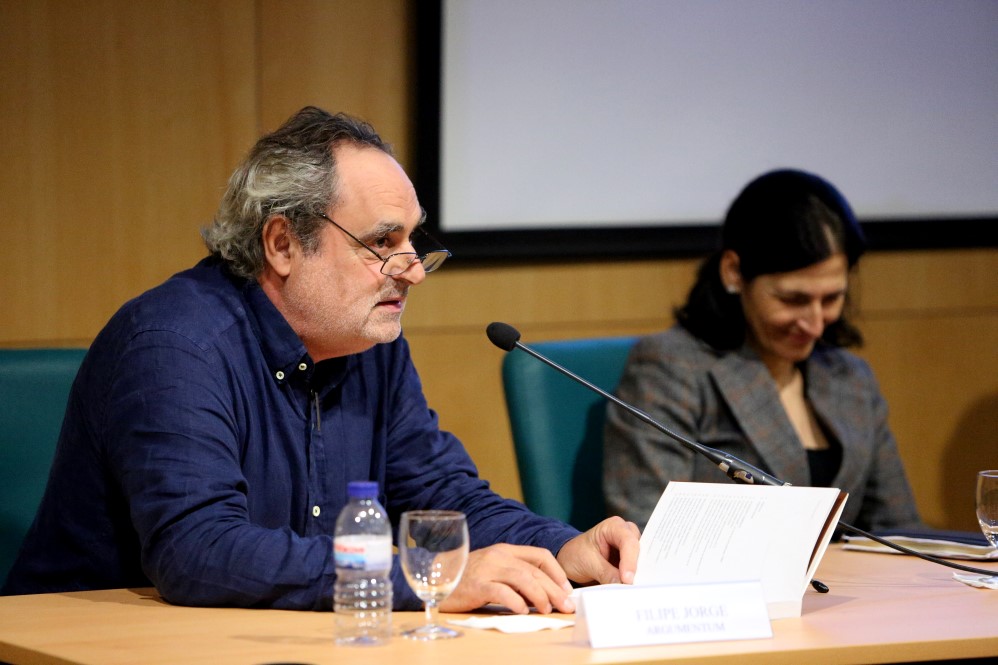
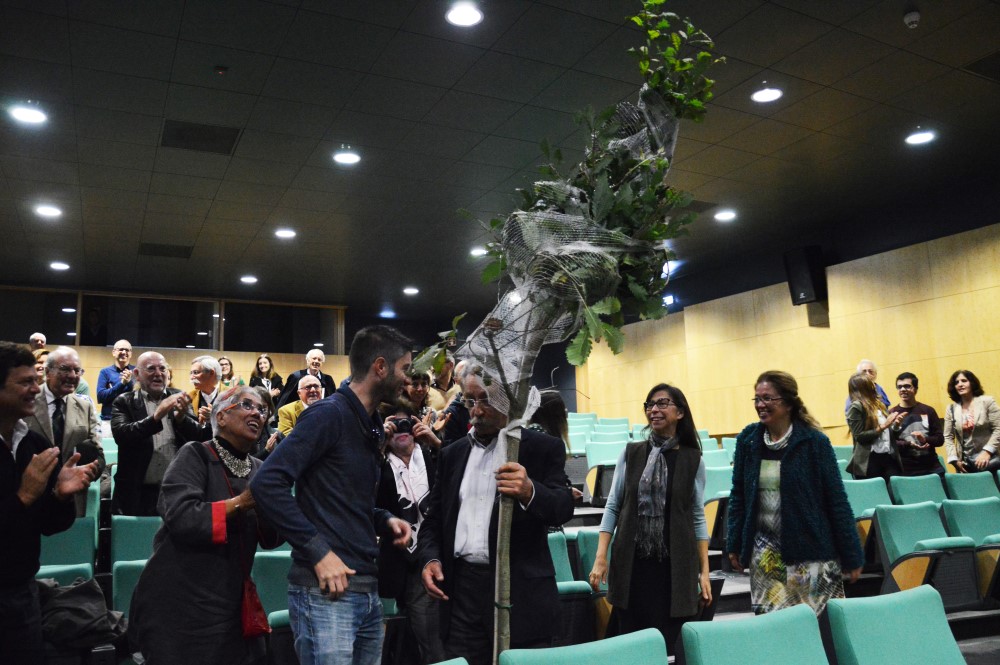
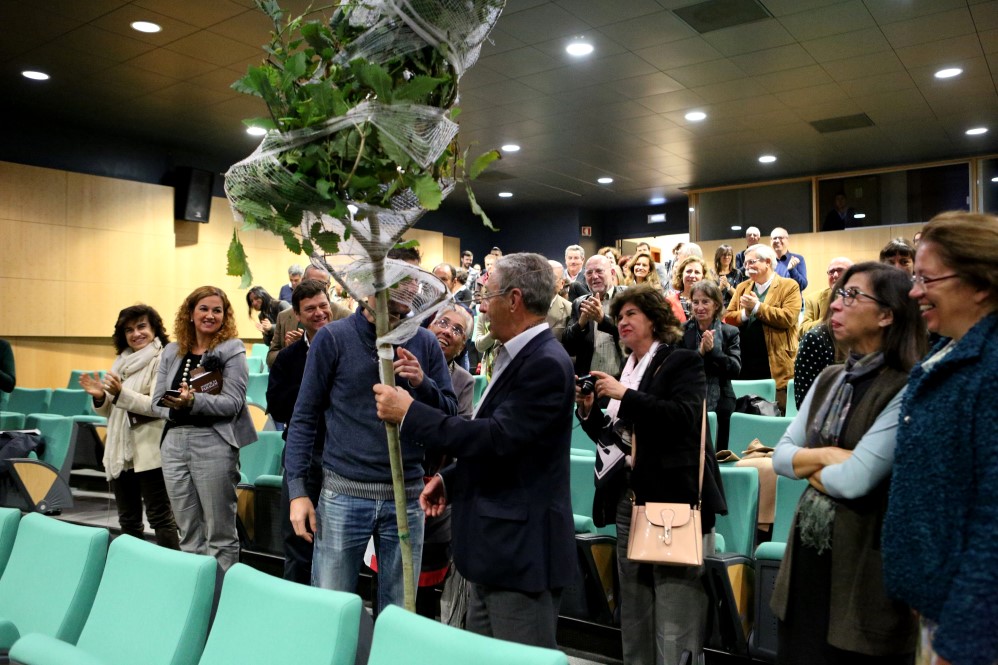
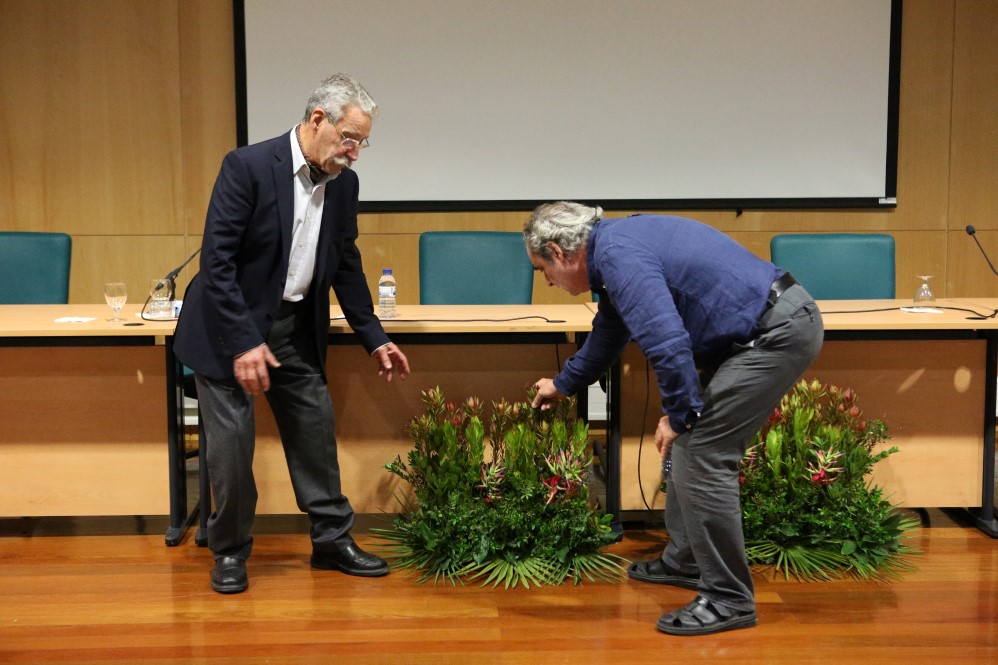
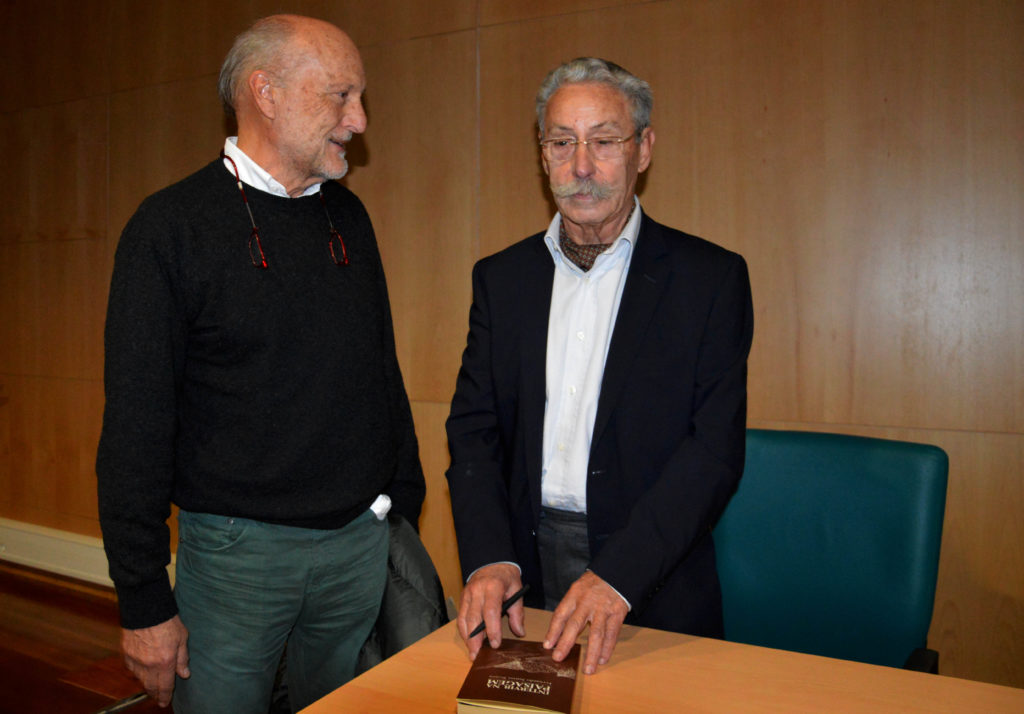
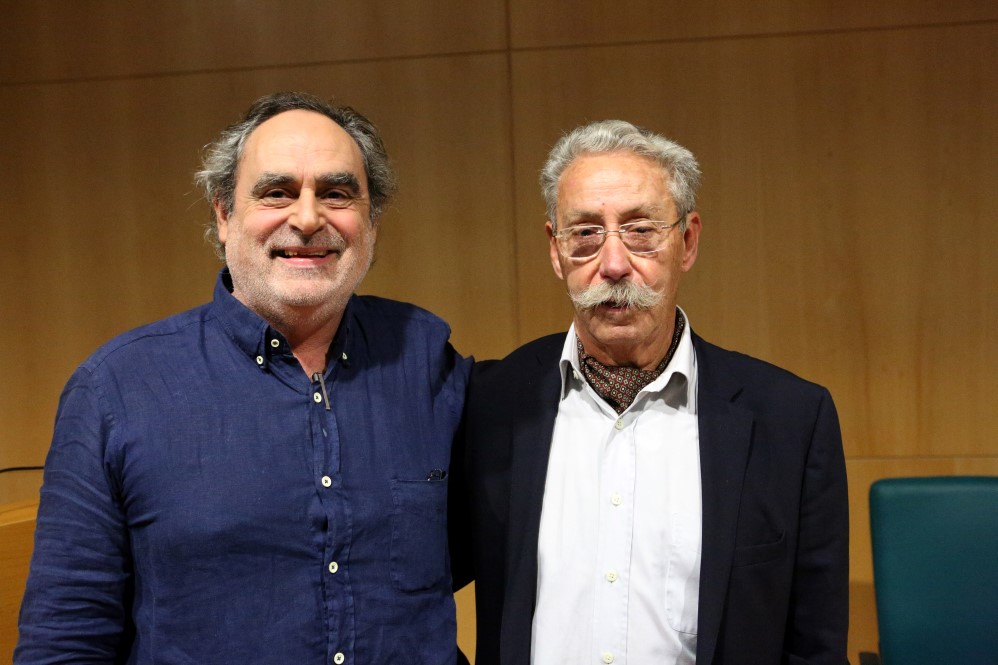
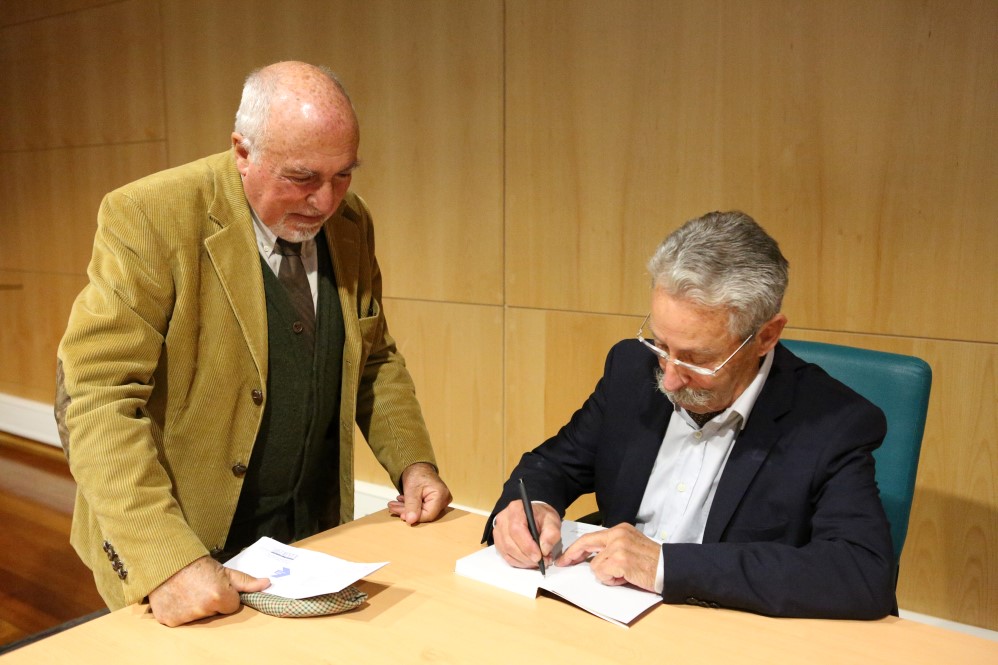


















Comments